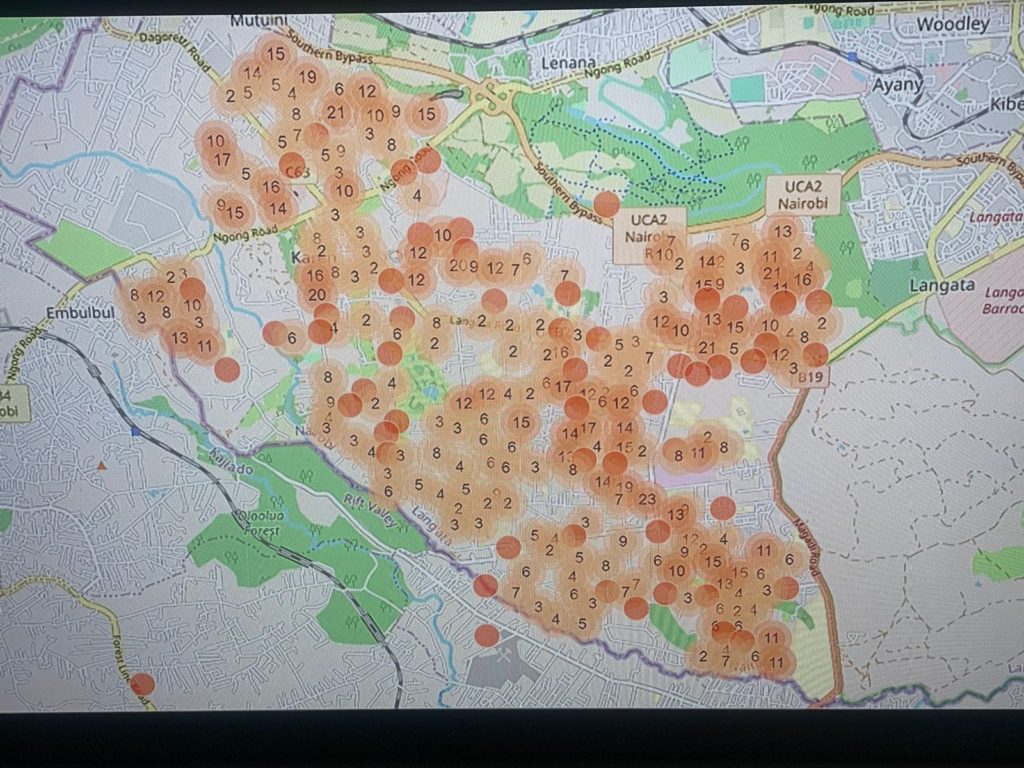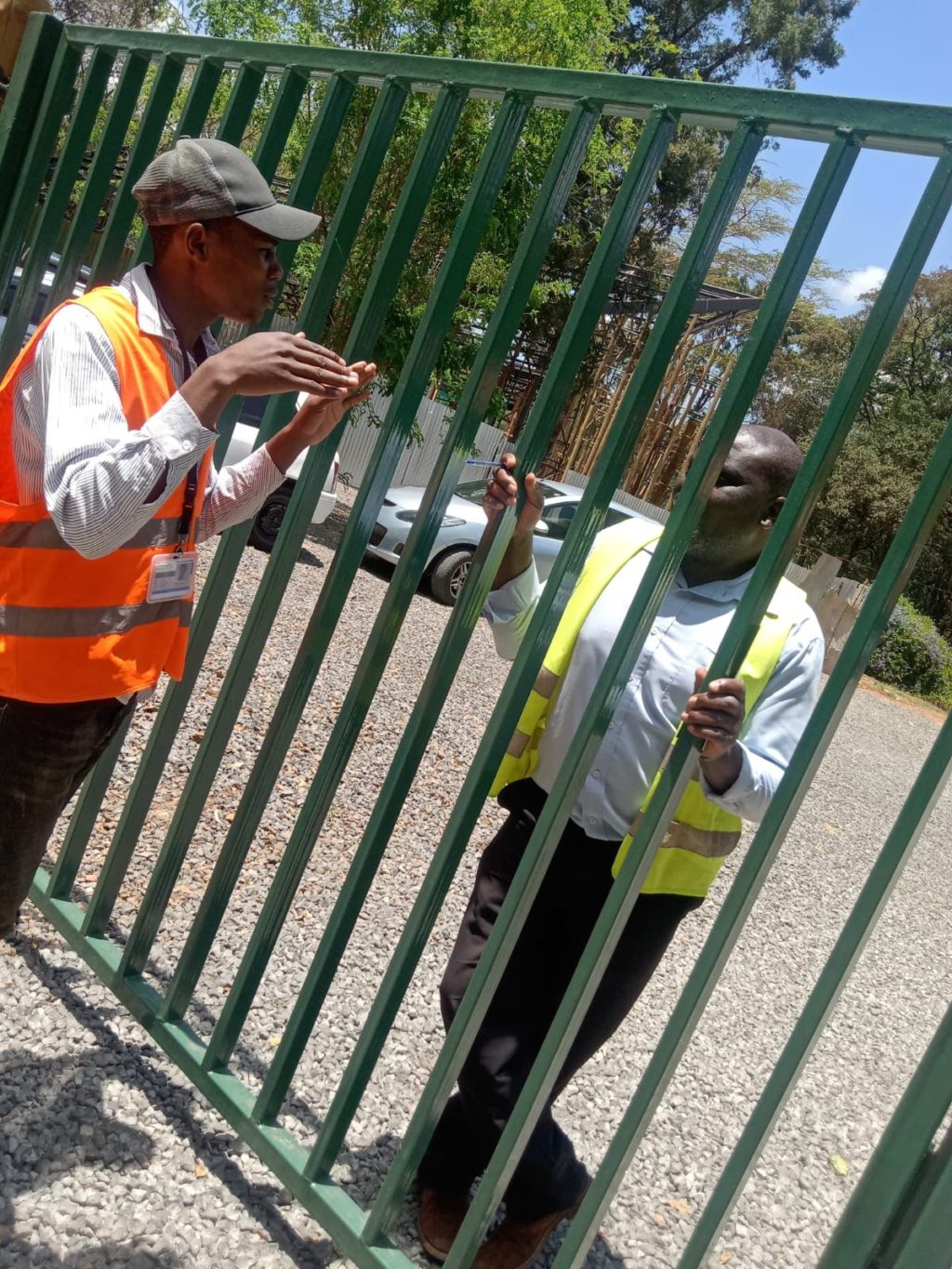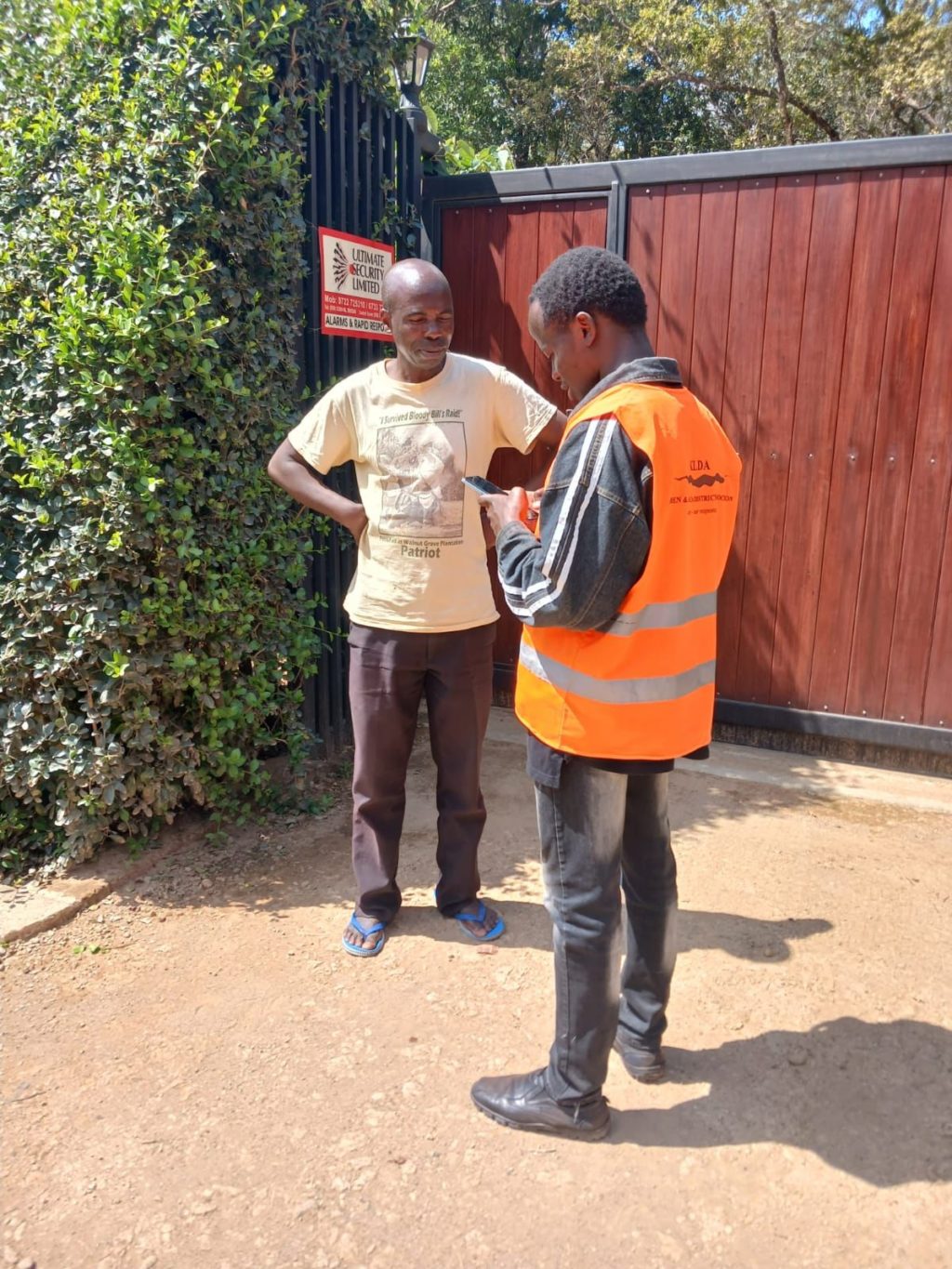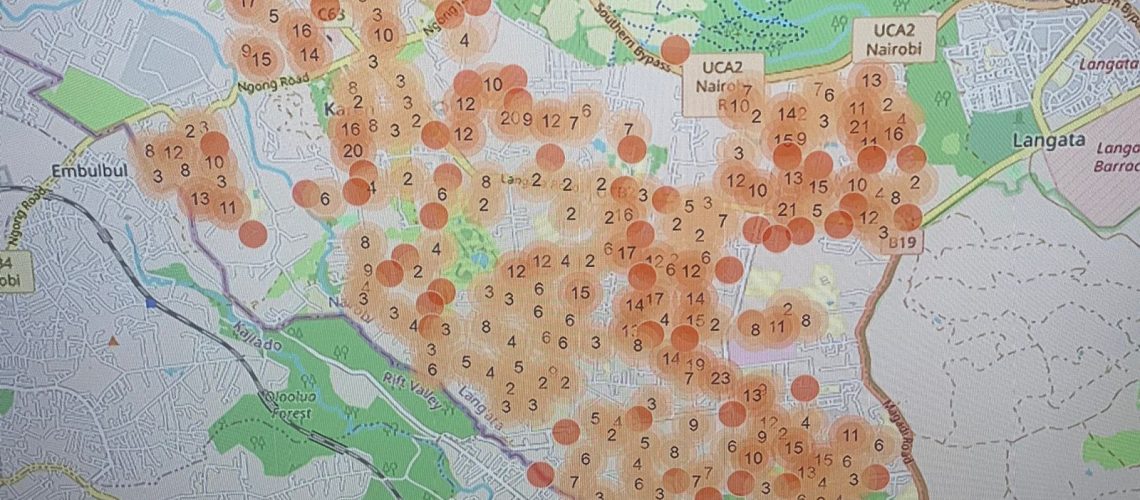KLDA acknowledges that access to water and sanitation is a major concern in the ward. This is against the provision of Article 43 of the Constitution of Kenya (2010) and Section 63 of the Water Act (2016), Every person in Kenya has the right to clean and safe water in adequate quantities and to reasonable standards of sanitation. The relevant authorities charged with the water and sanitation services are the Nairobi City Water and Sewerage Company (NCWSC) which was incorporated in December 2003 under the Companies Act cap 486 and is mandated to provide, supply, and manage water and sewerage services in the city in a financially sustainable manner and within Government regulations and the Athi Water Works Development Agency (AWWDA) which is charged with the responsibility of developing key water and sewerage infrastructure.
Solving the water challenge requires adequate statistics and information on the existing situation. This has necessitated KLDA to undertake a water and sanitation survey in the ward. This survey will involve:
- Assessing the current water availability in line with the equitable water distribution schedule shared by NCWSC. This will allow KLDA and the relevant authorities to understand where shortages or inadequate supply are experienced.
- Identifying infrastructure needs on existing conditions, such as pipes and sewer lines. This will inform where repairs, upgrades, or expansions are required to improve the efficiency and reliability of the water distribution system.
- The water distribution survey will help determine if there are any inequalities in access to water within the ward and therefore more efforts can be channeled to allocate resources more equitably and implement interventions to address the differences.
- Investigating the water quality and that the water being distributed is safe for consumption and meets the necessary health and sanitation standards.
- The data will also be crucial in planning for future needs in terms of infrastructure, demand patterns, supply patterns, and sustainable water management.


KLDA, therefore, requests the residents to support the exercise through community engagement and participation by sharing their experiences, feedback, and proposals on how to improve access to water and sanitation services. A team of assessors will survey the neighborhoods to record the data which will be analyzed and shared with the relevant authorities seeking action and improvement on water distribution and sanitation. Finally, it will be a foundation for informed decision-making on the redress mechanism if access to these basic services is not improved for all residents within Karen Ward.

